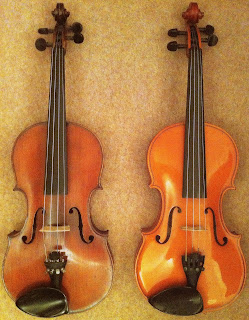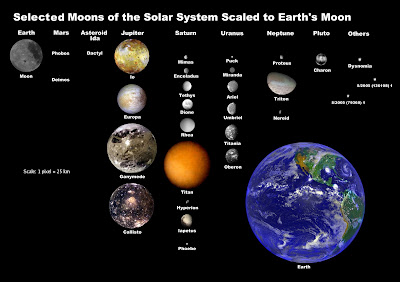The past two weeks have been glorious. The weather has
played ball and I’ve managed to squeeze in two weeks on holiday with my
boyfriend: one in Canterbury eating seafood and the other at home enjoying a well
deserved rest - but it had to end sometime. This week I was back to work at the
lab and with the new academic year about to start my thoughts have turned to
the future. I never like to plan too far ahead (though my google calendar fills
up pretty fast these days and makes sure I don’t miss anything important). However,
I do think you need to take some time to reflect on everything that’s happened
once in a while to make sure you’re making the most of all the opportunities
you’ve been given.
Over the past year I’ve changed quite a lot. Giving talks is
a lot less daunting now, due to the sheer volume I’ve had to present, and I’ve
become a little more confident at attending group meetings and seminars at the
lab. I’ve learnt a new computer language, how to play croquet and that
sometimes it is the instrument’s fault not the players (as evidenced by my ‘new’
violin (~1920’s) sounding a million times better than my old one despite my
playing!).
I’m starting to feel quite settled at MSSL now. This
academic year will be the first that I haven’t moved house since I’ve been at
university, and I’m really enjoying knowing where everything is. It’s nice to
be able to focus on getting the balance right between work and home- but there
are plenty of things to distract me!
Next week the advanced summer school starts at MSSL, following
on from the one I attended last year. There are social events as well as lectures,
and looking forward to catching up with the students I met last year and bowling
badly with them at the ice breaker this Sunday (I’m even worse at bowling than
I am at croquet!). The summer school is actually at MSSL this time, which is a
blessing in some ways as it means I don’t have to worry about travel (and I can
slope off to my office if there’s lots of talks that aren’t relevant to me) but
I would have liked to go somewhere new! The conferences and meeting I’m attending
as part of my PhD keep being in London.
The following week I’m giving a talk at the European
Planetary Sciences Congress (EPSC), which could have been anywhere in Europe
but just happens to be a UCL this time. How exotic! I’m also going to be helping
with the EPSC (in exchange for waiving my attendance fee), which will probably
involves I’ll probably be setting up, passing microphones around in sessions
and generally making sure everything runs smoothly for most of the conference.
There’s also a careers ‘speed dating’ event that I’ve signed up for and I’m
helping to organise a stand to show the Ice World’s exhibit at the conference.
After that I really need to work on my PhD – I’ve got
another report due in October that I haven’t even started yet, that will briefly
outline the first few chapters of my thesis. In addition comet ISON is getting
closer to the Sun every second and I really need to predict the sodium tail I expect
to see before everyone sees it (can’t really make a prediction after the event
unfortunately…). Things should get exciting with ISON around Christmas time so
I’d better hurry up if I want my paper to be published. In order to get a PhD
you have to prove your research is original and writing a paper that gets
published is the easiest way to do that (as it won’t be published in a
peer-reviewed journal unless it has never been done before). This time next year
I could be a published author!
After the first results start coming out for ISON the comet
physics community is holding a session at the American Geophysical Union’s Fall
Meeting (usually known as AGU, as it’s the bigger of the two annual meetings
the union holds). I’ve just recently become a member and am hoping to present
my work at this meeting in San Francisco. This relies on not only my abstract
being accepted (i.e. AGU deciding my work is good enough to be presented – an abstract
is just a short paragraph summarising what you want to show) but also on receiving
funding from the Royal Astronomical Society (i.e. that they grant my request
for additional funds) – otherwise my PhD budget won’t cover the trip (America
is expensive!).
A lot has happened recently that I’m very proud of but
there’s always new, exciting opportunities available. I hope that in a year’s
time I’ll still have as much to write in my blog - I’ll keep you posted…
 |
| My 'old' and 'new' violins. No prizes for guessing which is which! |


